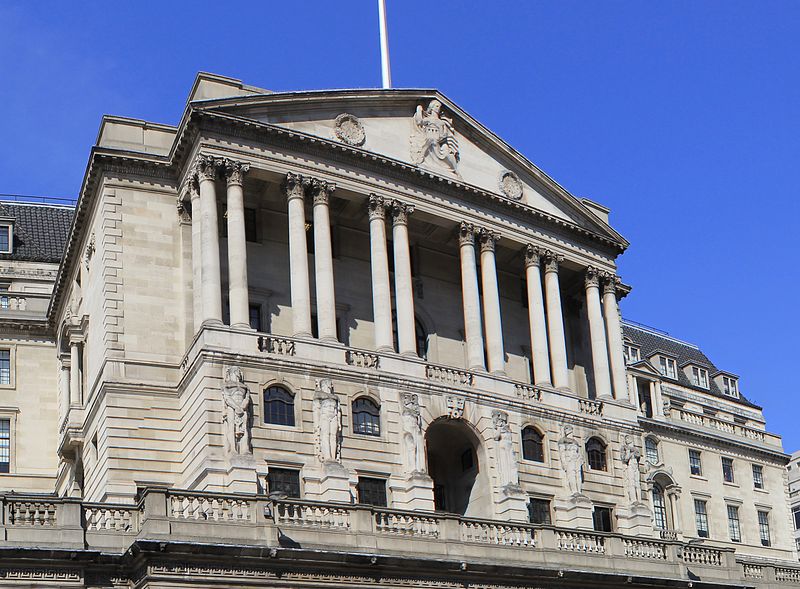
Britain’s economy grew more quickly than expected in May, offering momentum to Prime Minister Keir Starmer's new government but raising doubts about a potential
Bank of England interest rate cut in August.
Economic output rose by 0.4 percent in May following a 0.2 percent increase in April, according to the Office for National Statistics. This exceeded the 0.2 percent monthly increase anticipated by a Reuters poll of economists.
The robust growth has cast doubt on the likelihood of the BoE cutting interest rates on August 1. This week, three policymakers highlighted the persistence of domestic price pressures.
Early trading on the futures markets on Thursday saw the probability of a rate cut drop below 50 percent, down from just above 50 percent on Wednesday.
May experienced a broad-based rise in economic output, with growth observed in the services, manufacturing, and construction sectors. Construction, in particular, saw a 1.9 percent increase driven by house-building.
These figures provide an early boost to the new Labour administration, which aims to achieve the fastest growth among the Group of Seven advanced economies on a sustained basis.
“The improving economic outlook suggests the government may benefit from the economic recovery being stronger than most forecasters anticipate,” said Ashley Webb, an economist with consultancy Capital Economics.
In the three months leading up to May, the economy expanded by 0.9 percent, the strongest reading since the three months ending January 2022, surpassing the consensus forecast of 0.7 percent growth.
The Bank of England had projected a 0.5 percent growth for the second quarter, a figure that now seems likely to be surpassed. Photo by Katie Chan, Wikimedia commons.



































